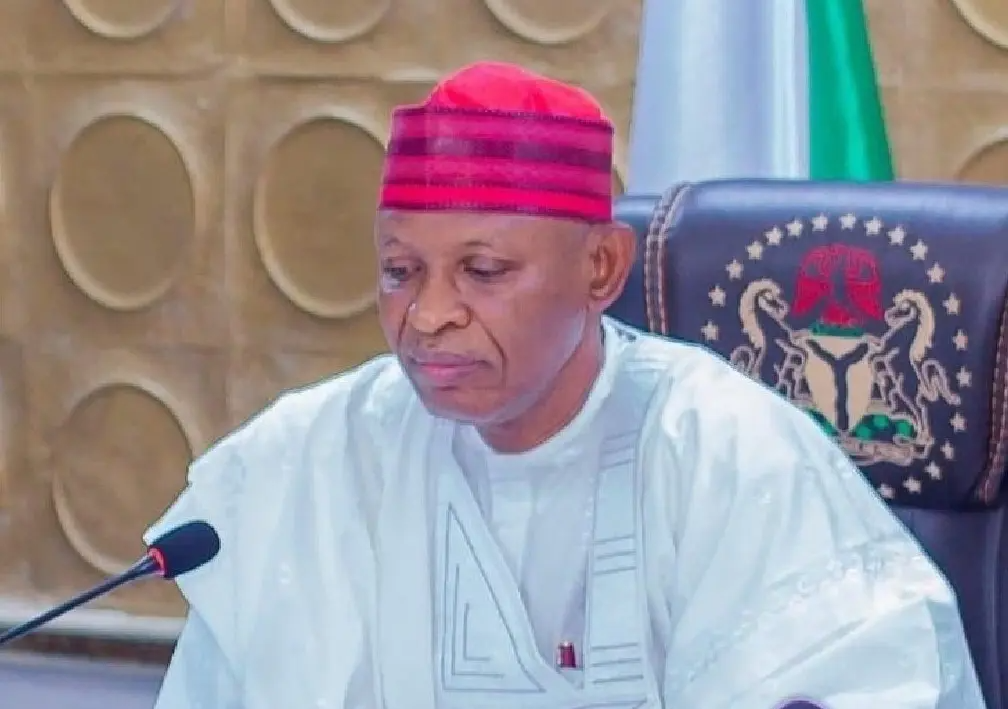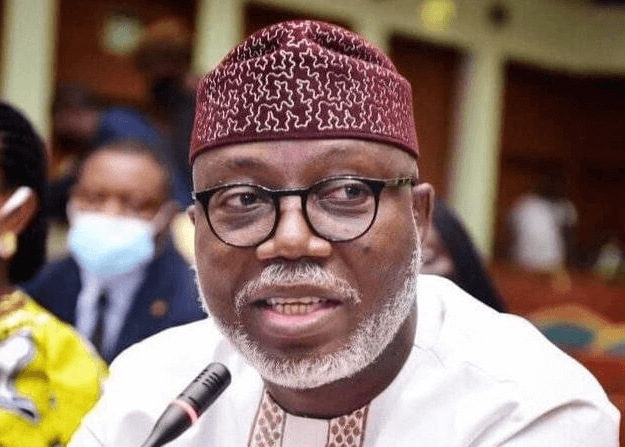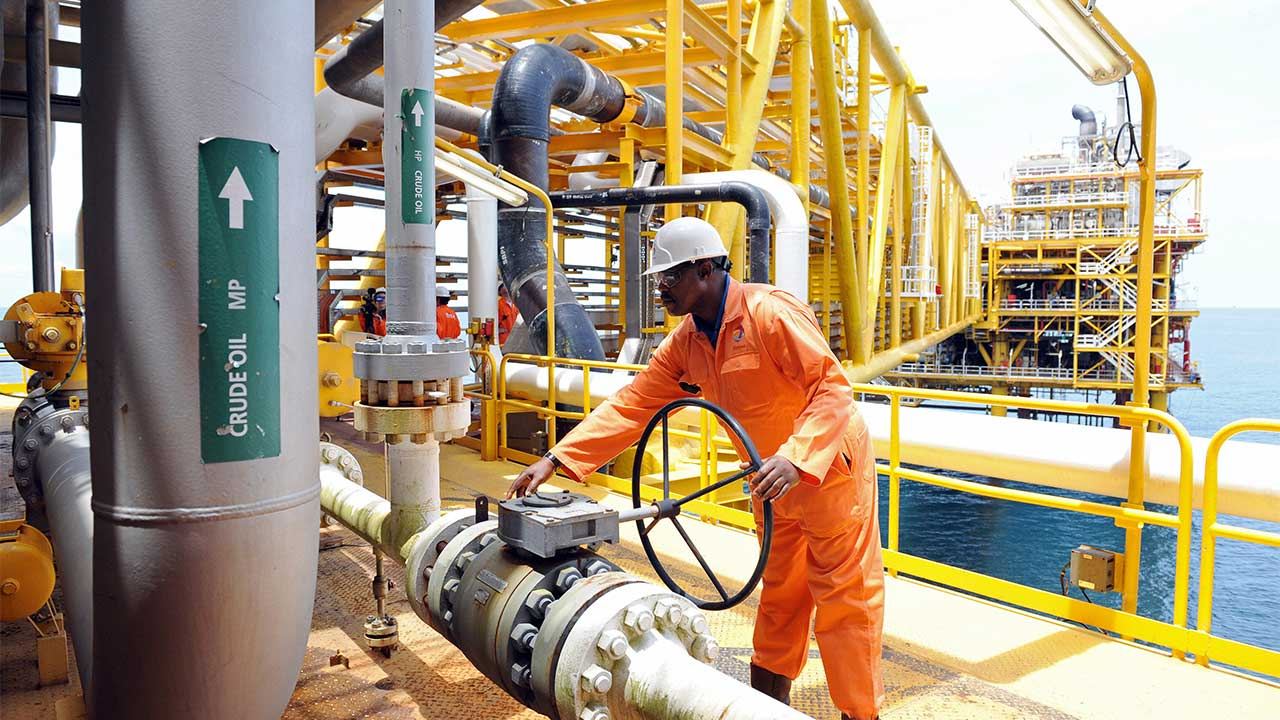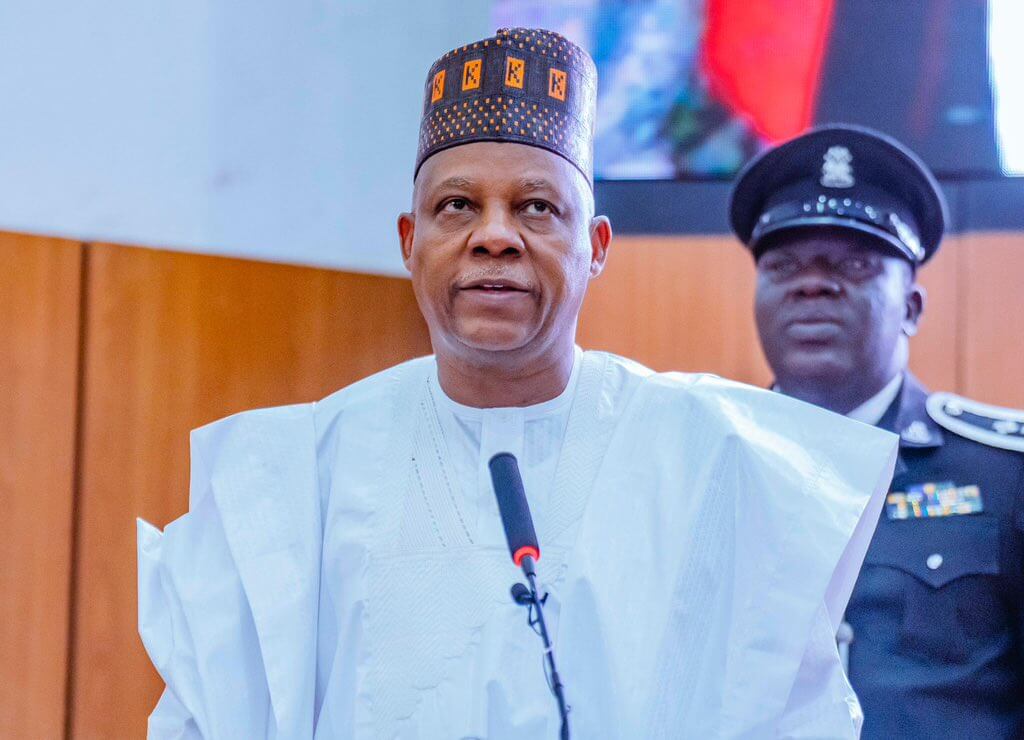The Council for the Regulation of Engineering in Nigeria (COREN), the regulatory body governing the practice of engineering, has said that Nigeria recorded 22 building collapses between January and July 2024.
The President of COREN, Sadiq Abubakar, made this known at a news conference on Wednesday in Abuja.
The news conference is themed, “The Incessant Spate of Building Collapse in Nigeria in Recent Times – A Call for Sustainable Collaboration by All Stakeholders.”
Mr Abubakar said that from January to 14 July, at least 22 cases of building collapse were reported in Nigeria with Lagos accounting for 27.27 per cent, Abuja and Anambra 18.18 per cent each.
He added that Ekiti and Plateau followed with 9.09 per cent each and Kano, Taraba and Niger states accounted for 4.55 per cent each.
“Records also showed that Lagos takes the lead in the incidences of building collapse.
“As a matter of fact, over 91 buildings have collapsed resulting in the death of over 354 persons in Lagos from 2012 to date.
Nigerians need credible journalism. Help us report it.
PREMIUM TIMES delivers fact-based journalism for Nigerians, by Nigerians — and our community of supporters, the readers who donate, make our work possible. Help us bring you and millions of others in-depth, meticulously researched news and information.
It’s essential to acknowledge that news production incurs expenses, and we take pride in never placing our stories behind a prohibitive paywall.
Will you support our newsroom with a modest donation to help maintain our commitment to free, accessible news?
“Similarly, in Abuja, about 30 buildings have collapsed from 1993 till date resulting in the death of more than 64 persons and injury of many.
“The most recent occurrences of building collapse close to DMGS Onitsha, Anambra State on 12 June and that of a school (Saint Academy) in Plateau on July 13 where 22 students died and 134 injured as well as the building collapse in Kubwa, Abuja.”
He said that the incidents were worrisome.
According to him, the incidents call for deep reflection and collaboration of all stakeholders in stemming the tide.
’’While we commiserate with all victims and families, we want to commend the efforts of all emergency and security services for their prompt response at the time.’’
According to Mr Abubakar, the leading causes of building collapse vary from one location to the other.
He said some buildings collapse as a result of aging, and based on investigations and research conducted over time, the use of substandard construction materials and structural failure were also responsible.
He said that other factors included illegal change of use of buildings, illegal addition of floors, quackery, and inadequate or lack of supervision and oversight.
He added that other factors included faulty foundations, a lack of soil/geotechnical investigation, and sharp and corrupt practices.
Mr Abubakar also commended the respective affected state governments for constituting a panel of inquiry to investigate the various cases, finding the immediate and remote causes, and preventing future occurrences.
’’This is not the time for apportioning blame or contest of superiority within the built environment but a time for all stakeholders to unite and proffer workable and lasting solutions, particularly in the prevention of building collapses.
’’All professionals within the built environment have a role to play in this.
’’In this regard, we have identified and categorised many stakeholders that we will be engaging shortly,’’ he said
The president said that the proliferation of illegal miners even within residential areas, as reported in some quarters, was a danger to the structural stability of buildings.
ALSO READ: Investigation reveals cause of fatal school building collapse in Jos
He added that the council had, therefore, urged affected states to take urgent steps to reverse the trend, adding that it was also time to enforce the compulsory insurance of some buildings under construction.
He said that COREN had taken some steps in monitoring and preventing building collapses by training and licensing Engineering Regulation Monitoring (ERM) inspectors.
Mr Abubakar added that COREN had reconstituted its Council Committee on Engineering Regulation Monitoring (ERM) and added an additional role of enforcement to its responsibility in line with the amended COREN Act.
He said that COREN had constituted an ERM&E Task Force at regional levels, including Ibadan, Port Harcourt, Enugu, Kano, FCT, Gombe, and Lagos, among other steps to tackle building collapse.
(NAN)
Support PREMIUM TIMES' journalism of integrity and credibility
At Premium Times, we firmly believe in the importance of high-quality journalism. Recognizing that not everyone can afford costly news subscriptions, we are dedicated to delivering meticulously researched, fact-checked news that remains freely accessible to all.
Whether you turn to Premium Times for daily updates, in-depth investigations into pressing national issues, or entertaining trending stories, we value your readership.
It’s essential to acknowledge that news production incurs expenses, and we take pride in never placing our stories behind a prohibitive paywall.
Would you consider supporting us with a modest contribution on a monthly basis to help maintain our commitment to free, accessible news?
TEXT AD: Call Willie - +2348098788999


















 English (US) ·
English (US) ·